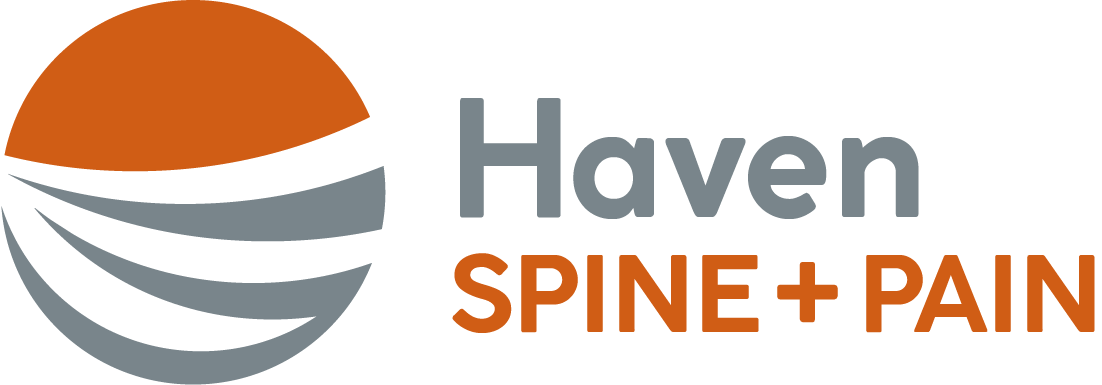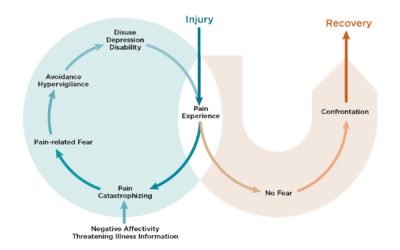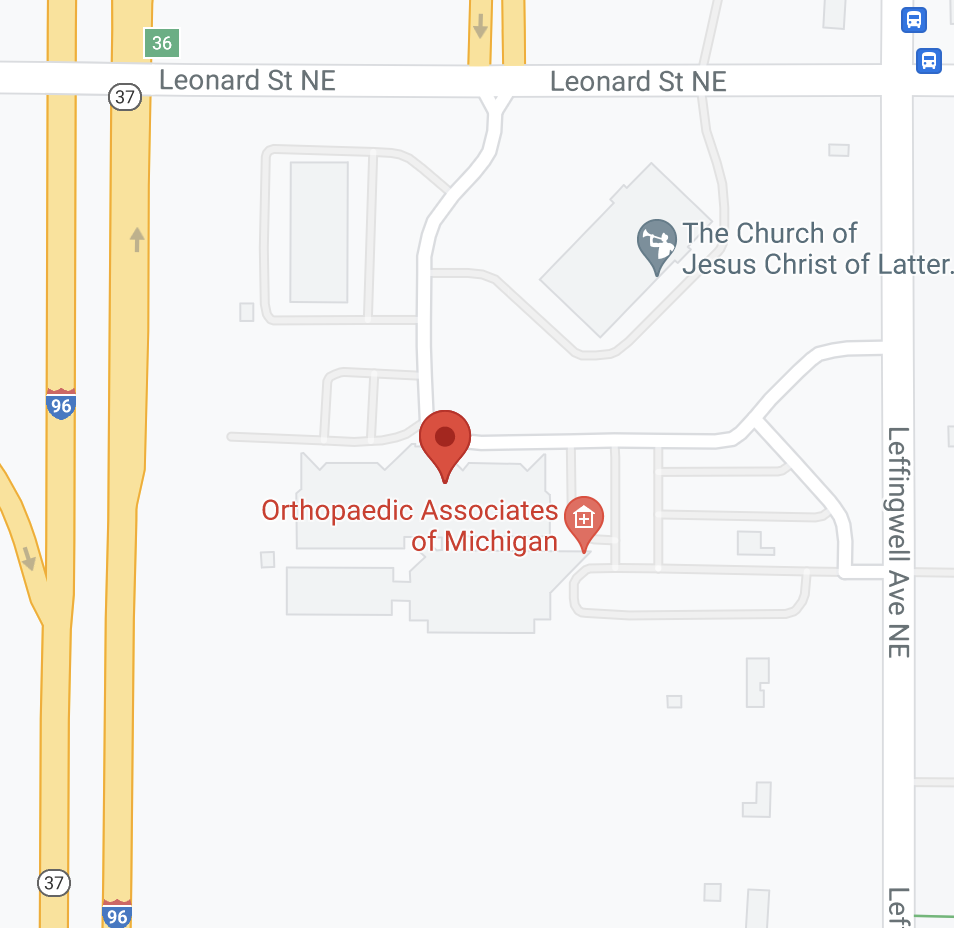Haven Spine+Pain Blog
The more you know about your own body and health, the more you can help prevent or minimize pain through lifestyle changes. The following blog topics offer valuable info and strategies that you can employ between clinic visits.
SCHEDULE AN APPOINTMENT
Exercise & Pain
It may seem counter intuitive to promote exercise in the setting of chronic pain. When a person experiences pain, their natural inclination is to limit their movements to reduce the amount of pain they are experiencing. However, research has shown that movement, if...
Seeing a Pain Management Physician
At what point should you seek a pain management specialist for your pain? If you have been experiencing persistent pain for three months or longer, which regularly impacts your quality of life, you should seek the help of a pain management specialist....
Multimodal Therapy – What is and Why it Works
Pain has been a constant in the human experience since the beginning of time. Yet, healthcare research regarding pain continues to evolve. Every year more is learned about how our bodies respond to pain and ways to treat it. As far back as the 1600s, physicians used...
What is Pain Journaling and How it Helps
In the previous blog, we described chronic pain as persistent, lasting at least 3 months or longer. Most people would assume after months of daily pain, a person would be able to provide a complete description of what they were experiencing.
Your Role in Managing Your Pain and Why it Matters
Most of us experience some sort of pain in our lifetime, but there is a clear difference between acute pain (the kind of pain you have from an injury, accident, or event such as surgery) and chronic pain. Chronic pain is defined as pain lasting for 3 months or longer and some 50 million Americans suffer from it.
Our Philosophy of Care
At Haven Spine+Pain, we believe in treating the physical, mental and emotional effects of pain, while targeting the root cause. To help West Michigan patients regain their active lifestyles and return to the things they love, we have developed a structured approach to pain management that includes:
- A mutually agreed-upon plan of care that is developed in the initial consultation and modified as care progresses.
- Active participation by patients and family members or significant others, including following treatment plans, understanding limitations of treatment, and offering feedback on what is hindering or enhancing their recovery.
- Interventions designed to reduce or eliminate the use of opioids or other medications.
- Adjunct therapies to consider, such as behavioral health, physical therapy, massage therapy, acupuncture, yoga, and others.
- An ultimate goal of returning the patient to a functional lifestyle and discharging them as a patient.








